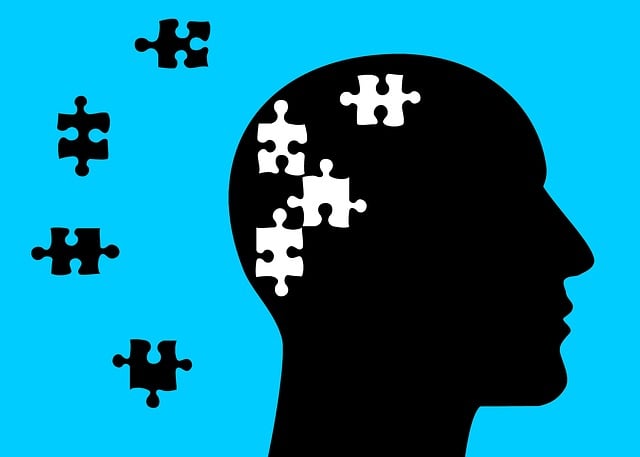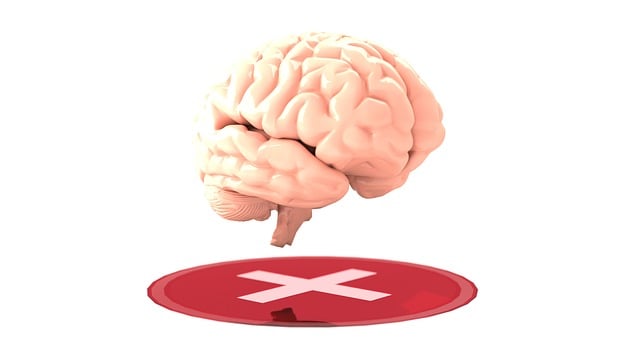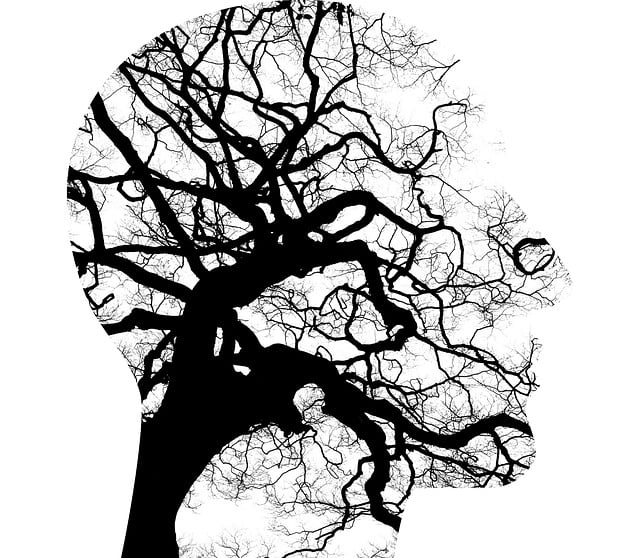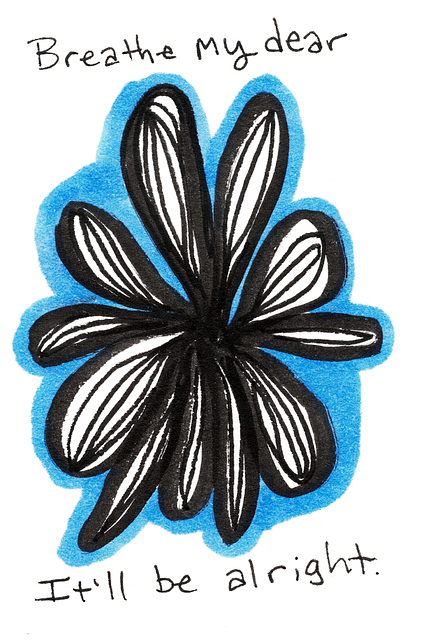Highlands Ranch Mindfulness Therapy prioritizes patient safety through comprehensive risk assessment, integrating client self-reports, observations, and collateral info. Their structured approaches identify red flags for conditions like depression and anxiety, guiding personalized interventions. The therapy center empowers therapists with resources, training, and self-care practices to mitigate burnout, ensuring top-tier care. Regular staff training, public awareness, and staying current in research enable them to proactively anticipate and manage risks, upholding emotional safety as a core principle.
“In the realm of mental health care, risk assessment is a vital tool for ensuring client safety and well-being. This comprehensive guide explores the intricacies of risk assessment within the context of Highlands Ranch Mindfulness Therapy (HRMT). We delve into identifying potential risks, from initial screening to recognizing red flags during therapy sessions. Furthermore, we present effective strategies for risk management, emphasizing continuous professional development. By understanding these key aspects, HRMT professionals can enhance their practice and foster a safer environment for clients.”
- Understanding Risk Assessment in Mental Health Practice
- Identifying Potential Risks at Highlands Ranch Mindfulness Therapy
- Strategies for Effective Risk Management
- Continuous Improvement and Professional Development for Mental Health Professionals
Understanding Risk Assessment in Mental Health Practice

In the realm of mental health care, risk assessment is a cornerstone of effective practice. It involves systematically evaluating and interpreting potential risks associated with clients’ mental health conditions, their environments, and personal circumstances. This process empowers mental health professionals, such as those at Highlands Ranch Mindfulness Therapy, to deliver tailored interventions that address not just symptoms but also the underlying vulnerabilities. By integrating insights from various sources, including client self-reports, clinical observations, and collateral information, risk assessment guides practitioners in designing robust support systems aimed at preventing adverse outcomes.
Mental health professionals are trained in conducting thorough assessments that go beyond diagnosing disorders. They employ tools like structured interviews, behavioral observations, and validated scales to uncover red flags signaling acute danger or chronic risks. This proactive approach is crucial for managing conditions like depression, anxiety, and even psychotic disorders, where early identification of risk factors can significantly influence treatment outcomes. Moreover, understanding clients’ histories and personal resilience allows mental health educators to design programs like Mental Health Education Programs that equip individuals with effective coping strategies and Stress Reduction Methods, ultimately enhancing their mental wellness through structured journaling exercises.
Identifying Potential Risks at Highlands Ranch Mindfulness Therapy

At Highlands Ranch Mindfulness Therapy, identifying potential risks is a multifaceted process that forms the cornerstone of our commitment to patient safety and well-being. We recognize that mental health professionals are not immune to various challenges that can impact their own emotional regulation and resilience. Therefore, we implement robust risk assessment protocols tailored to address unique stressors prevalent in this field.
These assessments encompass a wide range of factors, including the potential for burnout due to high caseloads, the need for effective coping skills development, and the integration of mindfulness meditation practices to foster self-care. By proactively identifying these risks, Highlands Ranch Mindfulness Therapy ensures that our professionals have access to necessary resources and support, ultimately enabling them to deliver optimal care to their clients while maintaining their own mental health and emotional equilibrium.
Strategies for Effective Risk Management

In the realm of mental health therapy, effective risk management is paramount to ensuring a safe and nurturing environment for both professionals and clients. Strategies for effective risk assessment involve a multi-faceted approach tailored to the unique challenges of Highlands Ranch Mindfulness Therapy. This includes regular staff training on updated risk assessment techniques and emotional intelligence, enabling therapists to identify subtle cues and proactively address potential issues.
Integrating public awareness campaigns development into their risk management strategies further equips mental health professionals with tools to anticipate and mitigate risks. By staying informed about the latest research and best practices in risk assessment for mental health professionals, Highlands Ranch Mindfulness Therapy remains at the forefront of providing compassionate and comprehensive care while prioritizing emotional safety as a cornerstone of their service delivery model.
Continuous Improvement and Professional Development for Mental Health Professionals

Mental health professionals must embrace continuous improvement and professional development to enhance their practice and better serve their clients. Highlands Ranch Mindfulness Therapy emphasizes the importance of staying current with the latest research, techniques, and best practices in the field. This involves actively seeking out opportunities for ongoing education, such as attending workshops, seminars, and conferences, where practitioners can gain new insights, learn innovative strategies, and connect with peers to share knowledge.
Social Skills Training and Self-Awareness Exercises are integral components of this development process. By regularly participating in these activities, mental health professionals can refine their communication skills, deepen their understanding of human behavior, and cultivate greater self-awareness—all of which contribute to more effective risk assessment and interventions. This commitment to professional growth not only benefits the individual therapist but also positively impacts the quality of care provided to clients.
Mental health professionals, such as those at Highlands Ranch Mindfulness Therapy, operate in a complex environment where risk assessment is an indispensable tool. By understanding and identifying potential risks, implementing effective management strategies, and prioritizing continuous improvement, practitioners can ensure the safety and well-being of their clients while enhancing the quality of care they provide. Adopting these practices not only protects professionals but also fosters a healthier, more supportive therapeutic environment.












